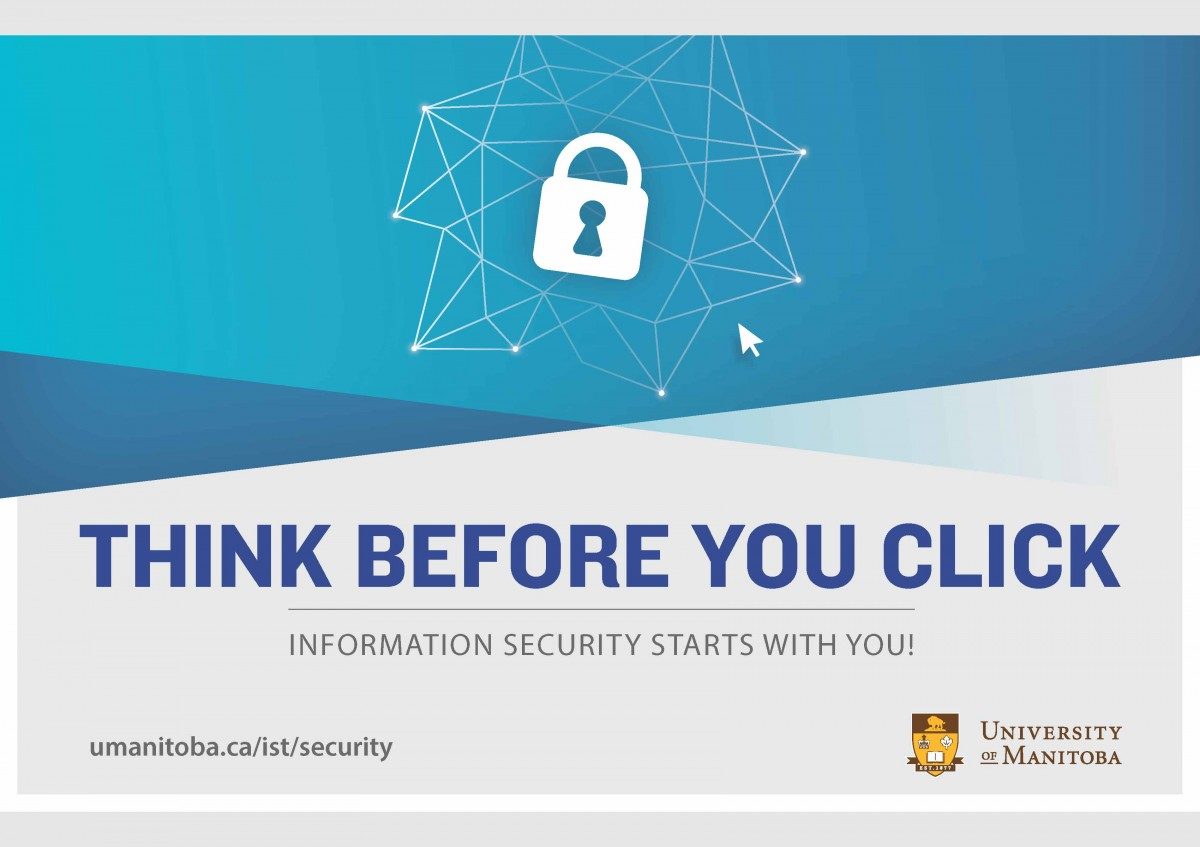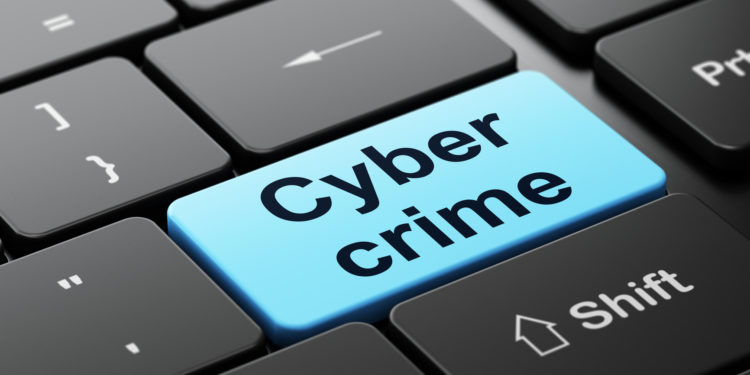As we move into 2024, the digital landscape continues to evolve, bringing with it a surge in sophisticated online scams. The latter part of 2023 witnessed an alarming increase in email, text, and phone-based scams, with the FBI reporting substantial financial losses due to such fraudulent activities. It's crucial for individuals and businesses to stay informed and vigilant.
Here are some practical tips and insights to help you identify and avoid common online scams:
Watch Out for Phishing Attacks
- Phishing Scams: These involve scammers posing as trustworthy entities, such as banks or reputable companies, to extract sensitive information. Be wary of emails or messages asking for personal details or financial information.
Business Email Compromise (BEC)
- BEC Scams: Targeting businesses, these scams involve unauthorized access to email accounts, used to send fraudulent requests for money transfers or sensitive company information.
Urgent Financial Messages
- Suspicious Shipping or Financial Alerts: Scammers often use urgent language to create a sense of emergency, especially in messages pretending to be from shipping companies, banks, or government agencies. Always approach such emails or texts with caution.

Attachment Dangers
- Risky Attachments: Be extremely cautious about opening attachments in emails, especially from unknown sources. These attachments can often contain malware or ransomware, leading to data theft or system compromise.
Protection Strategies
- Verify Email Addresses: Double-check the sender’s email address for any subtle discrepancies or misspellings. Scammers often create email addresses that closely mimic legitimate ones.
- Think Before You Click: Avoid clicking on links or opening attachments from unexpected sources. If in doubt, directly contact the organization or individual to verify the message's authenticity.

- Employ Advanced Email Security: Consider using email security solutions that utilize AI and machine learning to filter out potentially harmful emails.
- Enable Multi-factor Authentication: Use multi-factor authentication for all your accounts to add an extra security layer.
- Employee Awareness: Regularly educate and train employees about the latest scam techniques and encourage a culture of skepticism and verification.
Specific Scams to Watch Out For in 2024
- Check Cooking Scam: A digital evolution of check washing, where thieves alter digital images of checks for fraudulent use.

- Voiceprint Scams: Utilizing deepfake technology to replicate your voice for unauthorized purposes.
- Delayed-action Sweepstakes Scam: A sophisticated identity theft approach under the guise of sweepstakes winnings.
- Virtual Celebrity Scam: Impersonation of celebrities or their managers on social media to solicit money or personal information.
- Multistage Grandparent Scam: An elaborate scam targeting grandparents through a series of fabricated emergencies involving their grandchildren.
- Paris Olympics Scams: Scams related to the Paris Olympics, including fake emergency requests and bogus ticket sales.
How to Protect Yourself
- Be Cautious with Personal Information: Never share sensitive information like banking details or social security numbers without verifying the legitimacy of the request.
- Use Reputable Payment Methods: Opt for secure and traceable payment methods, especially when dealing with unfamiliar entities.
- Regular Monitoring: Keep a close watch on your financial accounts and report any suspicious activities immediately.
- Use Trusted Antivirus Software: Install reliable antivirus software on your devices to protect against malicious software and websites.
- Be Skeptical of Too-Good-To-Be-True Offers: Whether it's an online shopping deal or a lottery win, if it seems too good to be true, it probably is.
- Verify Urgent Requests: In case of messages demanding immediate action or payment, take the time to verify the authenticity through other channels.
In Conclusion
Staying safe online in 2024 requires a combination of vigilance, skepticism, and proactive security measures. By understanding the strategies hackers use and being mindful of the common types of scams, you can better protect yourself, your data, and your systems from these evolving threats. Remember, when in doubt, always verify before taking any action.

DW Staff
David Lintott is the Editor-in-Chief, leading our team of talented freelance journalists. He specializes in covering culture, sport, and society. Originally from the decaying seaside town of Eastbourne, he attributes his insightful world-weariness to his roots in this unique setting.









